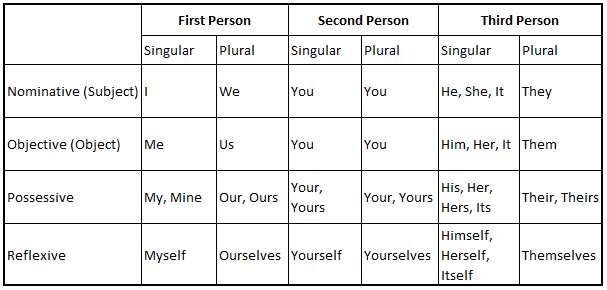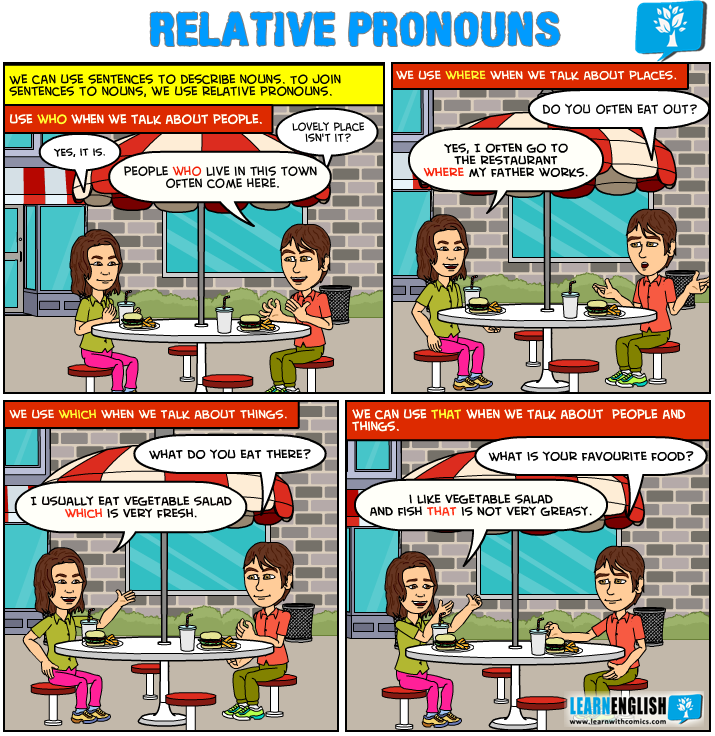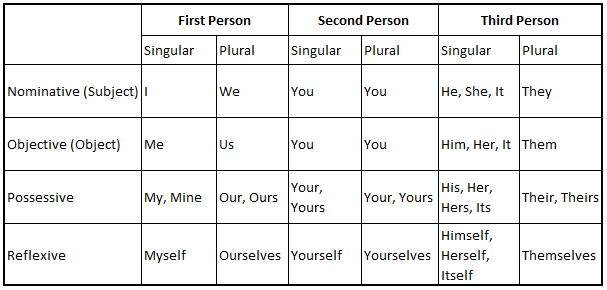

Formation From pronouns. It is common for languages to have independent possessive determiners (adjectives) and possessive pronouns corresponding to the personal pronouns of the language.
The OPI is a testing method that measures how well people speak a language by comparing their performance of specific language tasks with the criteria for each of proficiency levels described in the ACTFL Revised Proficiency Guidelines or the ILR Guidelines for Speaking.
English adverbs: Functions, formation, types, meanings, peculiarities, examples of use. Adjectives and adverbs in the same form. Английские наречия: Функции, образование, типы, значения, особенности, примеры употребления.
To arrive at the edge of the world’s knowledge, seek out the most complex and sophisticated minds, put them in a room together, and have them ask each other the questions they are asking themselves.

This course was created by Rebecca Epperly Wire. You can contact her through the Facebook community group with questions. Please review the FAQs and contact us if …
This webpage is for Dr. Wheeler’s literature students, and it offers introductory survey information concerning the literature of classical China, classical Rome, classical Greece, the Bible as Literature, medieval literature, Renaissance literature, and genre studies.



A third-person pronoun is a pronoun that refers to an entity other than the speaker or listener. The English pronouns he and she are gender-specific third-person personal pronouns.

May 18, 2018 · A glossary of terms used in the body of this dictionary. See also Wiktionary:Glossary, which contains terms used elsewhere in the Wiktionary community.


Aug 29, 2010 · The idea that your mother tongue shapes your experience of the world may be true after all.

Real linguists and their notation Language textbooks often describe sounds by comparison with English, offering recipes for producing unusual sounds.